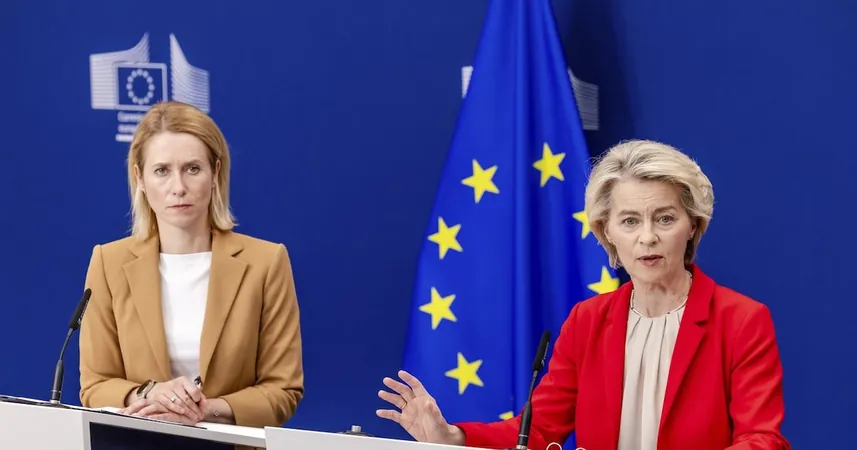
EU's Bold Move: Lowering Russian Oil Price Cap to $45 and Targeting Nord Stream Investors!
2025-06-10
Author: Benjamin
EU Strikes Back at Kremlin's Economic Might
BRUSSELS — In a daring new strategy, the European Union aims to slash the price cap on Russian oil from $60 to an unprecedented $45 per barrel. This significant reduction intends to cripple the Kremlin's financial resources and thwart its ongoing war efforts in Ukraine, according to top EU officials.
A New Sanction Wave Hits Russia
EU foreign policy chief Kaja Kallas emphasized that this decisive action is part of broader sanctions to ensure that Russia cannot thrive economically. "Lowering the oil price cap will severely impact Russia’s revenue streams," she stated. The move signals that the EU is firmly committed to preventing a return to 'business as usual' with Moscow.
Unity is Key: EU Member States Must Agree
For these sanctions to materialize, a unanimous agreement from all 27 EU member countries is essential. As of now, the existing price cap of $60 has proven more symbolic than effective, given that much of the Kremlin's oil sells for less on the market. Yet, it serves as a safety net in the event of rising oil prices.
Targeting the Nord Stream Pipelines
In another strategic maneuver, the EU is setting its sights on the Nord Stream pipelines, crucial conduits for Russian natural gas to Europe. Following sabotage incidents in 2022 that left these pipelines inoperative, the EU plans to impose additional sanctions on the consortium operating them. This action aims to deter future investments and commerce involving these infamous pipelines.
The Economic Stakes for Russia
Ursula von der Leyen, President of the European Commission, revealed startling statistics about Russia's energy revenues. In the early days of the war, Russia garnered €12 billion ($14 billion) monthly from Europe. Today, that figure plummeted to just €1.8 billion! Such economic fallout underlines the urgency behind these new sanctions.
Further Financial Restrictions on Russia's Banks
The upcoming sanctions also plan to hit Russia's banking sector hard, limiting its avenues for fundraising and financial transactions. An additional 22 Russian banks will face new restrictions, and a sweeping export ban estimated at €2.5 billion will be enforced. This action targets over 20 companies suspected of bolstering Russia's military operations.
Pushing for Peace With Serious Proposals
Von der Leyen underscored that these measures aim to force Russia into genuine discussions regarding peace in Ukraine. "We need a real ceasefire, and Russia must return to the negotiating table with a credible proposal," she urged, reinforcing the EU's stance against the ongoing conflict.
A History of Sanctions: The EU's Persistent Stand Against Russia
Since Vladimir Putin's invasion of Ukraine in February 2022, the EU has initiated multiple rounds of sanctions against Russia. To date, around 2,400 officials and entities, including key government agencies and banks, have been targeted. The latest sanctions, imposed on May 20, focused on nearly 200 vessels linked to Russia's shadow fleet, tightening trade restrictions to ensure military-critical supplies do not reach Russian forces.


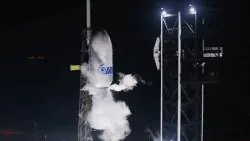
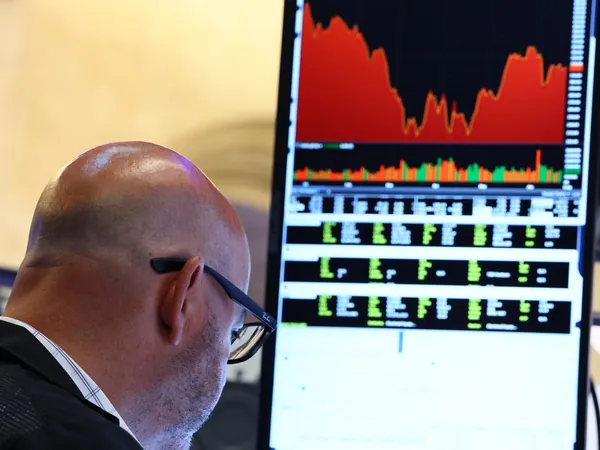
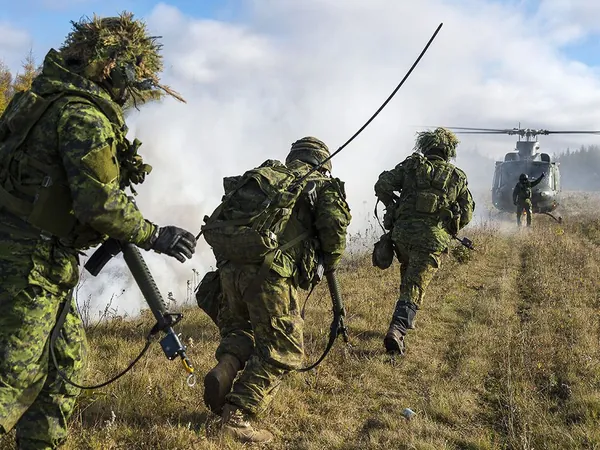

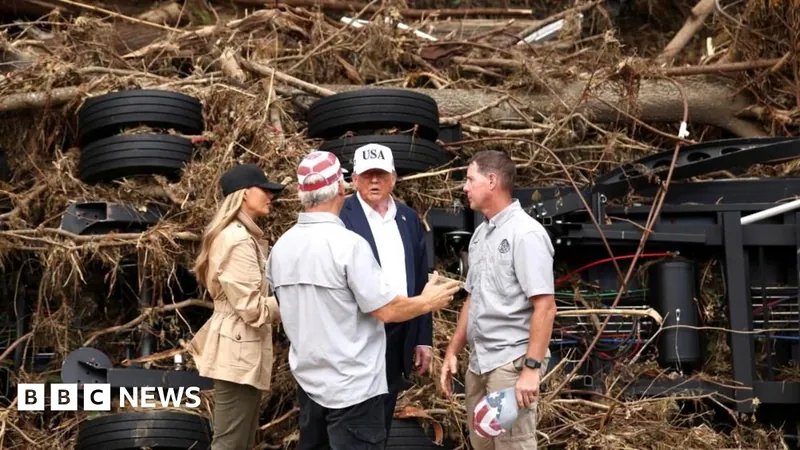
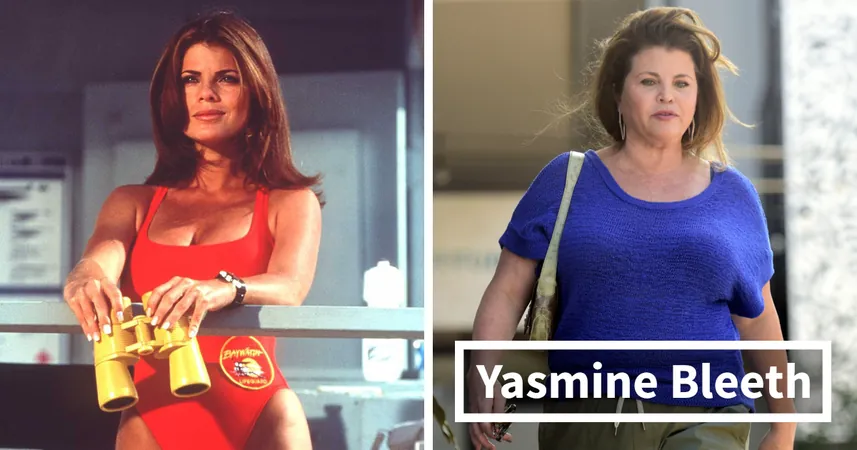

 Brasil (PT)
Brasil (PT)
 Canada (EN)
Canada (EN)
 Chile (ES)
Chile (ES)
 Česko (CS)
Česko (CS)
 대한민국 (KO)
대한민국 (KO)
 España (ES)
España (ES)
 France (FR)
France (FR)
 Hong Kong (EN)
Hong Kong (EN)
 Italia (IT)
Italia (IT)
 日本 (JA)
日本 (JA)
 Magyarország (HU)
Magyarország (HU)
 Norge (NO)
Norge (NO)
 Polska (PL)
Polska (PL)
 Schweiz (DE)
Schweiz (DE)
 Singapore (EN)
Singapore (EN)
 Sverige (SV)
Sverige (SV)
 Suomi (FI)
Suomi (FI)
 Türkiye (TR)
Türkiye (TR)
 الإمارات العربية المتحدة (AR)
الإمارات العربية المتحدة (AR)